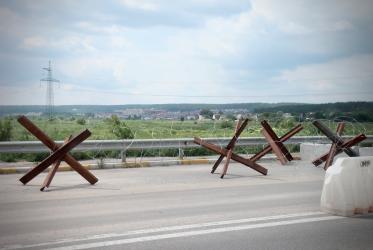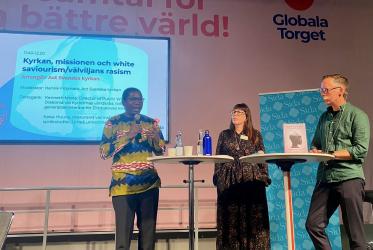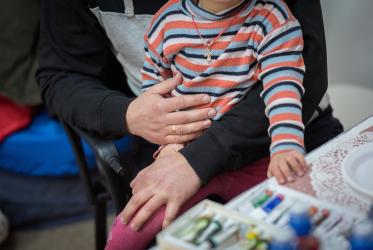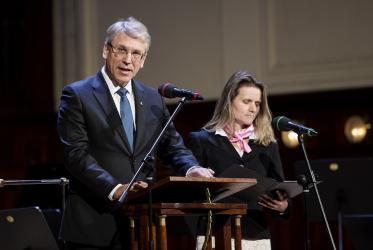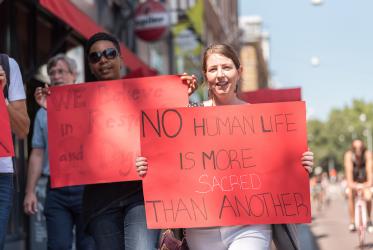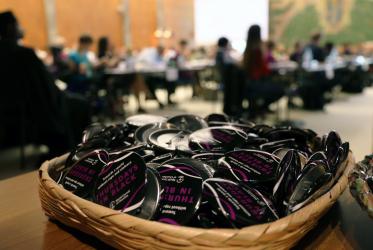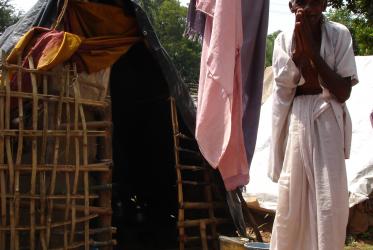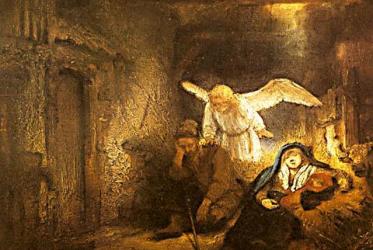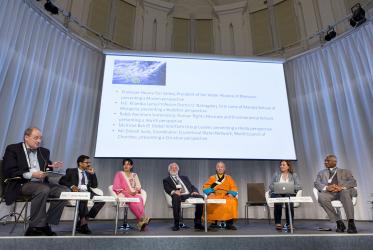Displaying 1 - 20 of 26
07 February 2024
Ukraine: Responding to humanitarian need
08 September 2022
WCC general secretary visits churches in Czech Republic
17 December 2018
WCC executive committee tackles public issues
07 November 2018
WCC supports UN petition from French Polynesia
07 November 2018
Gender justice an important facet of ACT Assembly
29 October 2018
Tveit speaks on Partnership to End Violence Against Children
15 February 2018
#WCC70: Remembering Orissa
11 January 2018
Trying to do good for the world
18 December 2017
WCC expresses support for Swedish ban on nuclear weapons
19 September 2017
Second Bible study on stateless persons available for Advent use
08 December 2016
